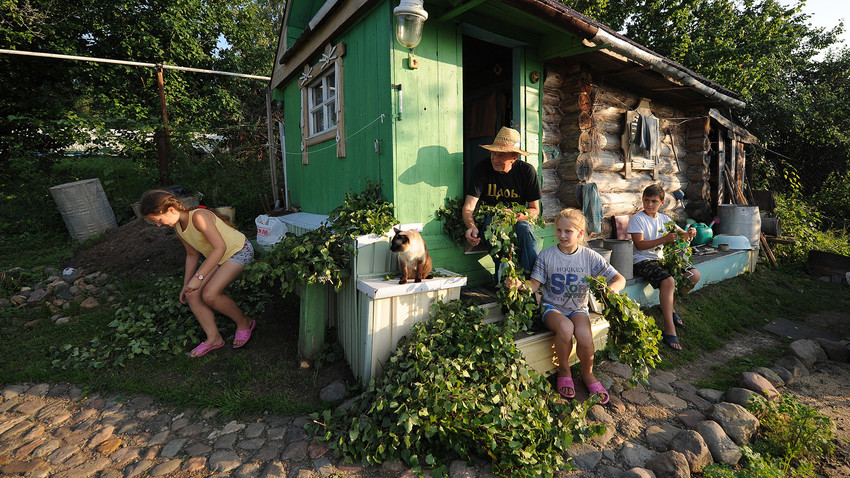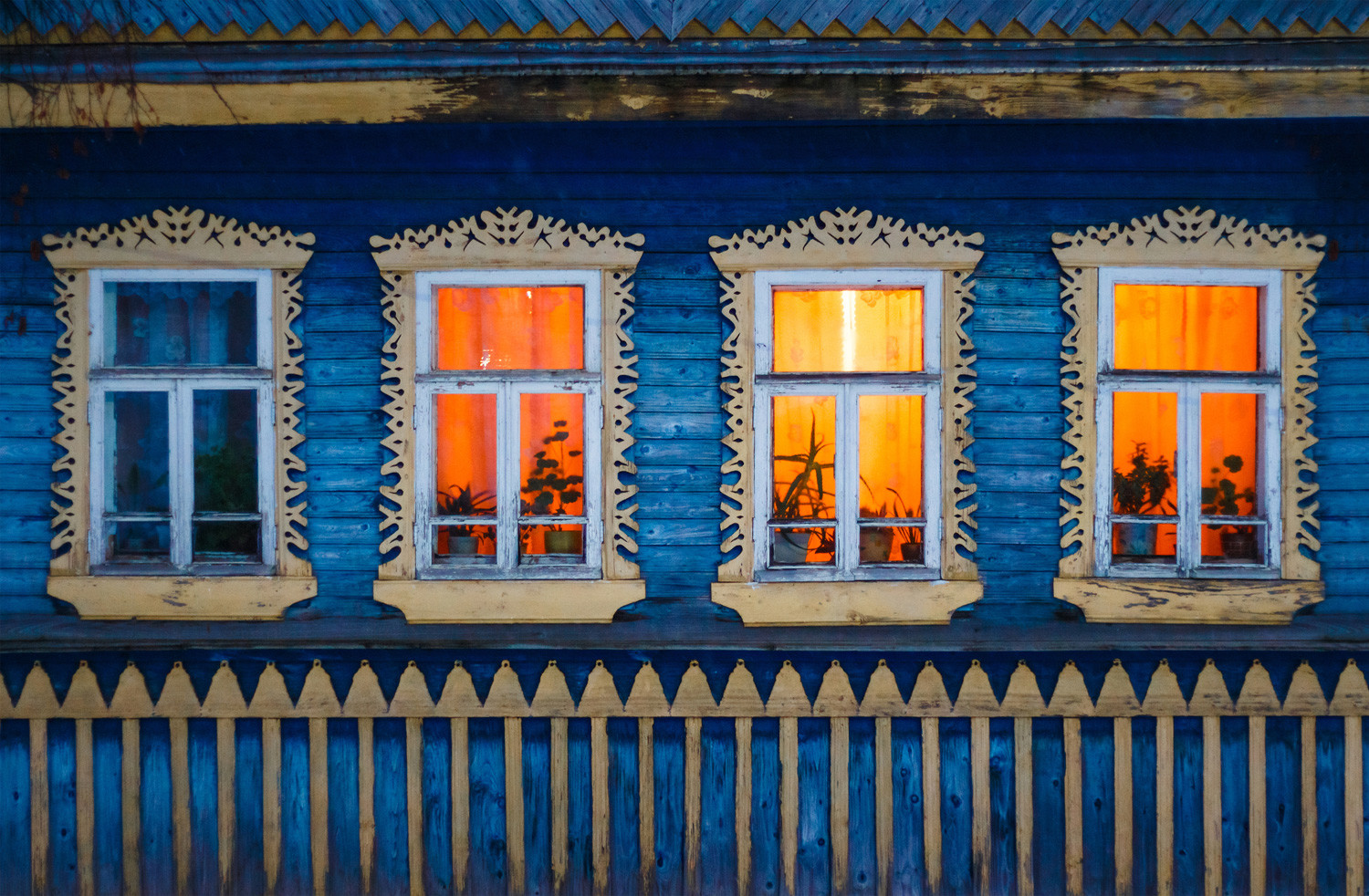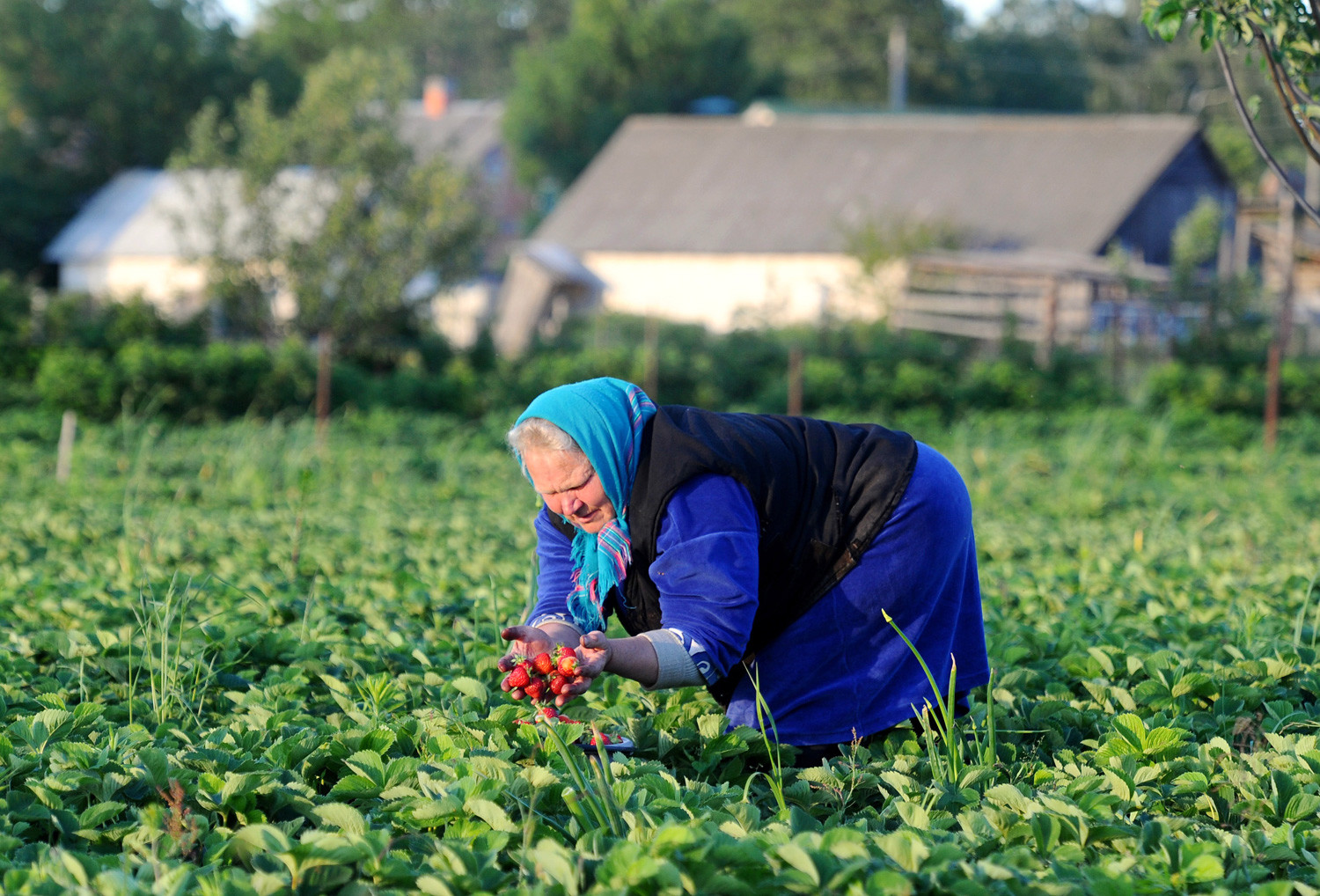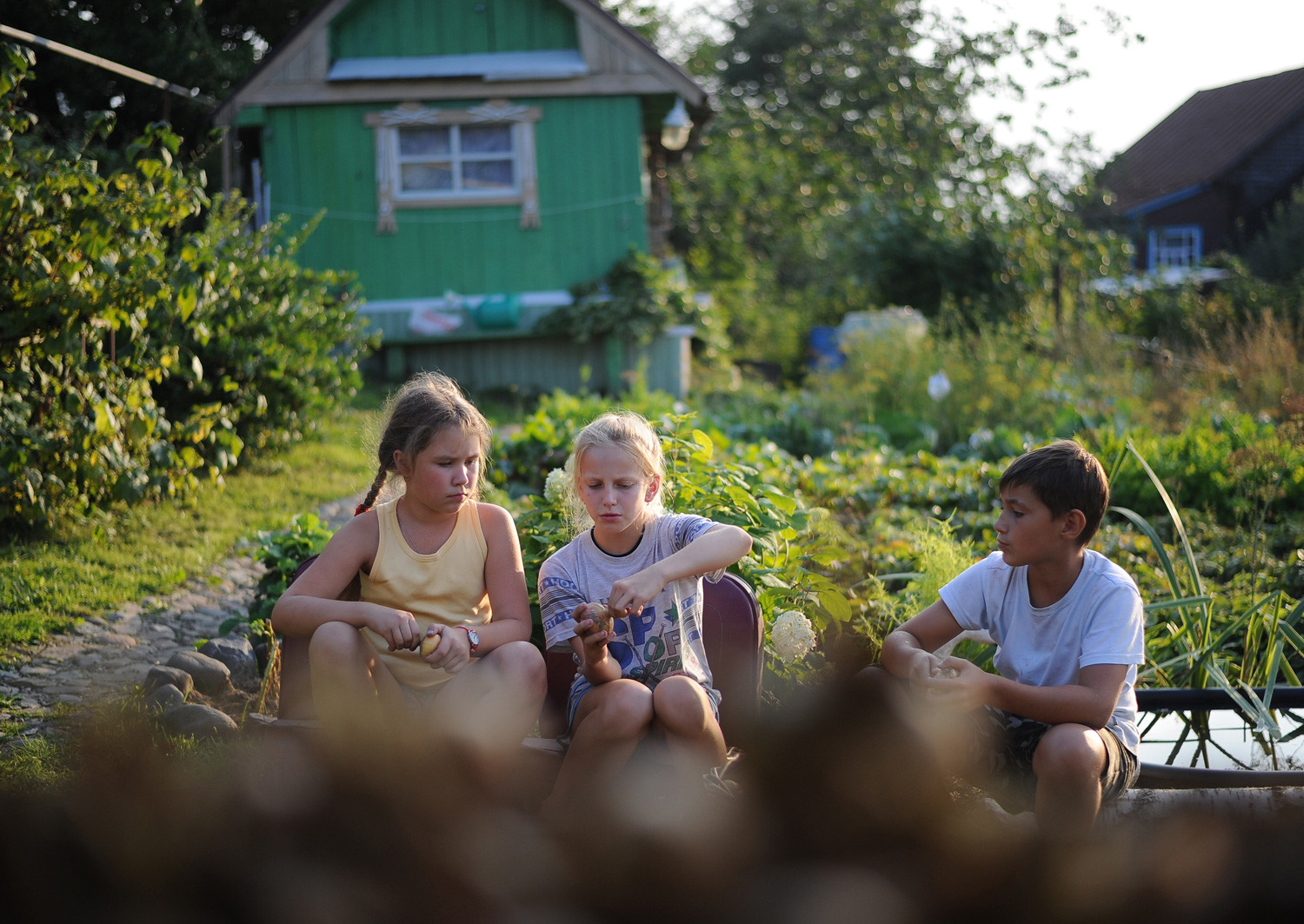Why foreigners are obsessed with the Russian dacha

“It was one of those Sunday work mornings when I was exhausted after four hours of work, but I had to go to my dacha for one day to take my mother back to the city,” recalls tourist guide Elena. “But after a four-hour bike tour around St. Petersburg,
Wooden houses with patterned window frames; babushka in a shawl sitting by the entrance; and a samovar heater in the living room - that’s how most foreigners imagine the Russian dacha to look like. This exotic summer getaway is far from the noisy city, and here you can find a small bit of paradise and silence

So, why are foreigners so fascinated by this way of spending leisure time?
Exotic Russia?

“Clean air, the chance to sit in the sun and sunbathe… we are lucky to have a lake that we can swim in during the summer, as well as row our small boat around, and skate in winter,” said Max, adding that it’s like a mini holiday.
Max doesn’t avoid the traditional vegetable
Friends and vegetables

Håkan from Sweden
Sometimes Håkan’s family even welcomes Swedish friends who all love the dacha. But there is one secret behind this feeling: “Not the least of all they come for the good food that my mother-in-law cooks, and all the good things she makes from the vegetables, berries
So, here’s what all this work is for – to taste
Relaxed pace

“The idea of heading out to nature, working on your patch of land and growing your own vegetables and fruit is very relaxing compared to sitting at home in your apartment,” said Hugh from Ireland, admitting that he had to get used to the idea of having a second home outside the city. Living already 10 years in Moscow, Hugh says that even though the dacha always has work to be done, it’s a nice pace compared to the city pace.
“There’s a river nearby and it’s good to go for walks with the children and unwind, and basically reconnect with Mother Nature.”
Hugh is sure, however, that if offered a weekend in Rome or Paris he'd probably accept, and it would be faster because there’d only
Now that you know what foreigners like about the Russian dacha, find out what Russians hate about it>>>
If using any of Russia Beyond's content, partly or in full, always provide an active hyperlink to the original material.
Subscribe
to our newsletter!
Get the week's best stories straight to your inbox